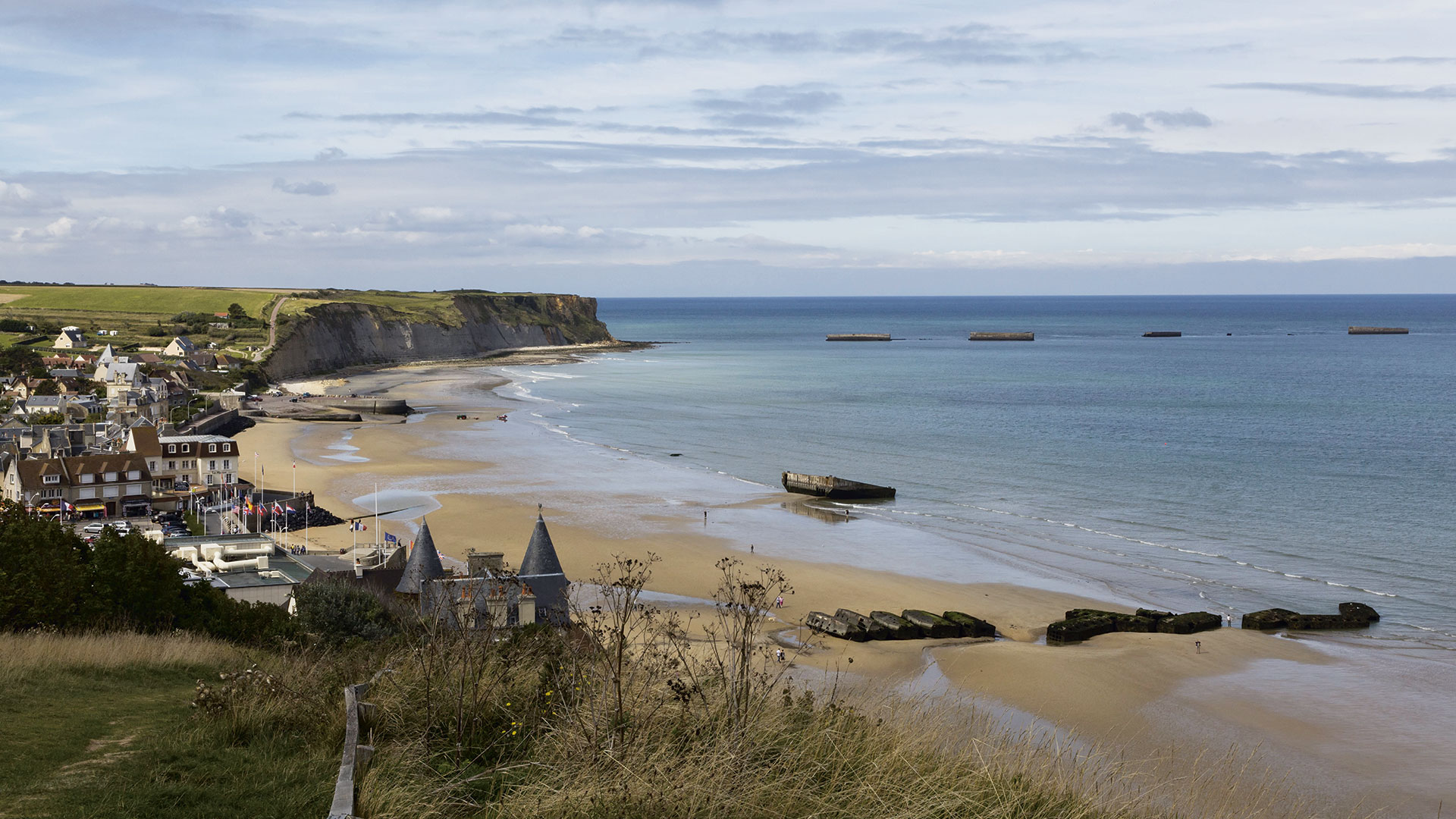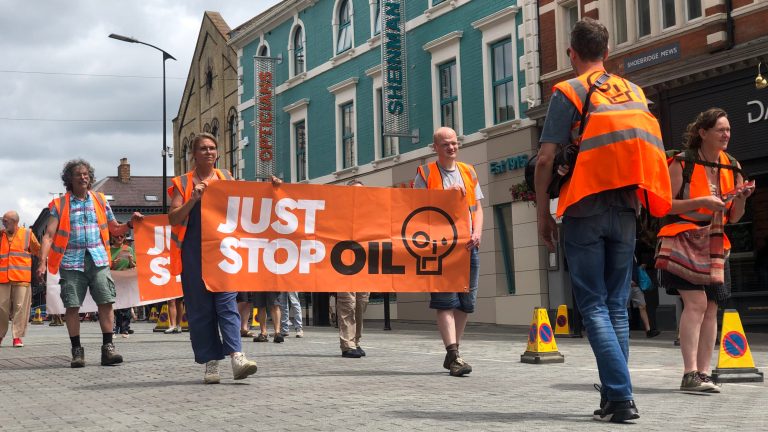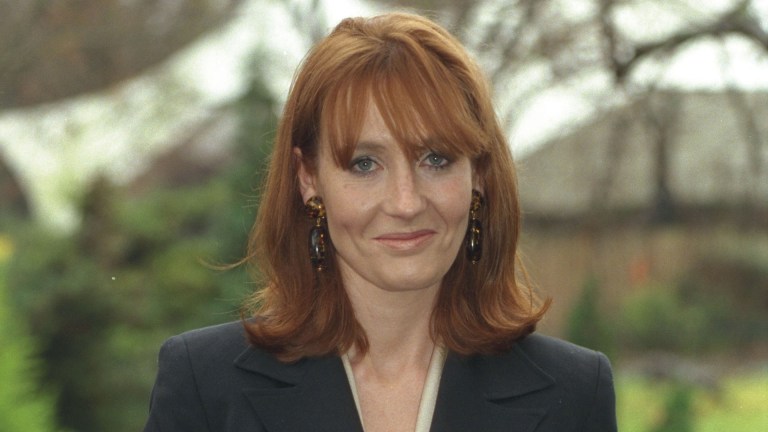Thankfully the Russians were taking it on the chin in the East and the claimed racial, cultural and military superiority of the German high command was being dashed by Russian stalwart determination.
We camped, and the sun shone too relentlessly to get the cool breezes one often associates with tent life. Europe, if not the world, is set in a fire-burning, rainless, arid and all-round-too-boiling-hot summer to enjoy anywhere other than air-conditioned rooms.
I was astonished at the change to Arromanches. There was still the odd gun or tank, and other pieces of military hardware from 74 years before. But what was so extraordinary was how cafés and gift shops had seemed to wash away what I remembered as special about Arromanches; which was the sense that you had arrived in a battlefield. Dare I say, a ‘holy’ place in which death and sacrifice was littered in its memory.
The cleverest bit of the invasion at Arromanches was left breaking up in the sea in a kind of arc around the small town. As the ports of northern France and around the French coasts going south were heavily fortified why not bring your own harbour with you?
So, the ‘Mulberry Harbour’ idea was born; a floating harbour made up of vast concrete structures that could be towed across the sea from England and put together like Lego on lightly defended Arromanches and its surrounding beaches. What a piece of cleverness – with portions of the harbour made throughout the UK and then floated over for D-Day to avoid having to fight to the death in Calais, Dunkirk, Dieppe or any other port.
Because you need a port when you have an invasion. You need to bring in all of that heavy stuff that will fight the enemy’s heavy stuff.
Advertising helps fund Big Issue’s mission to end poverty
Such astuteness, cleverness and bravery, largely from young men from America, Canada, the Empire and the UK itself coming to sort out the ‘fuck up’ that had bedevilled Germany and France for so long; the need to take each other out.
At last, the US, Russia in the East and the UK and its Empire decided they’d had enough of this fighting ground, this continental internecine warring. So, they called Hitler’s bluff and screwed the guy big time – and in the end, Europe found an imposed peace.
I come back to the present day, where I am witnessing the most distressing time in politics I have seen in my lifetime. Not even in the height of the UK miners’ strikes, when Thatcher decided to close down Industrial Britain forever, have I seen such division. No election has thrown up so much besmirching of reputation and intention.
It has become the norm to vehemently believe that anyone who holds an opposite view regarding Britain’s role in Europe had succumbed to some kind of craziness. The Opposites are up in arms against each other. We are watching the gradual melting down of consensus, the interruption of getting on with life.
We entered a new confrontational reality this summer as the sun blazed and seemed to raise the possibility – certainly to me – of the termination of life on Earth. The forest fires spreading around the globe have combined with bitterness and hatred over whether we should stay or go from the European peace that our predecessors put together on the beaches of Normandy and further afield. Pro and anti-Brexit divides ravage the UK and make it a fight that no one will win.
Advertising helps fund Big Issue’s mission to end poverty
I could only think of unity, the need for unity, and the need to find a space in the middle of all of this hatred and partisanship; it was the first time that I felt like saying ‘a plague on both your houses’. But the plague of dislocation and hatred for each other is already upon us as pro and anti-Brexit factions battle it out.











